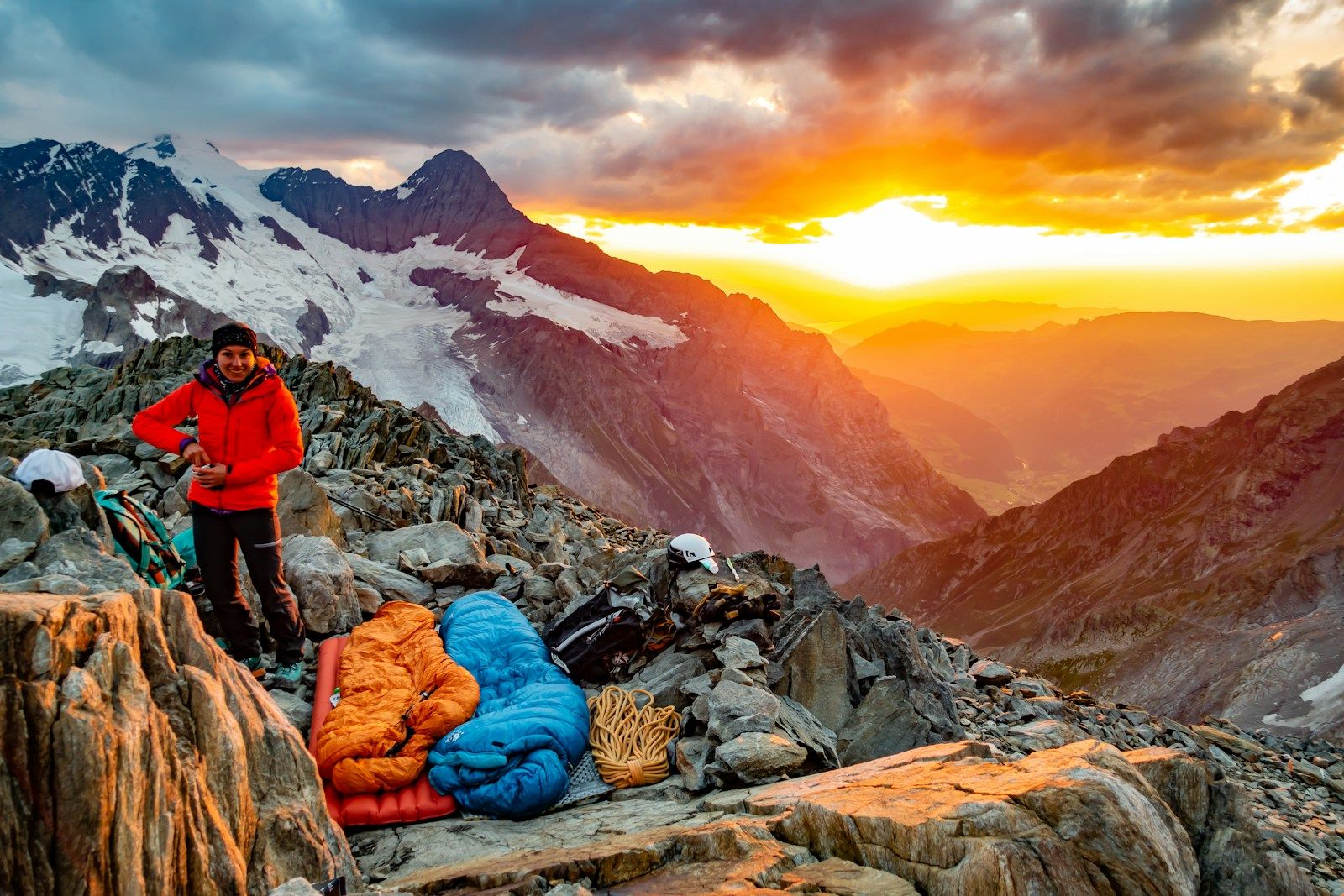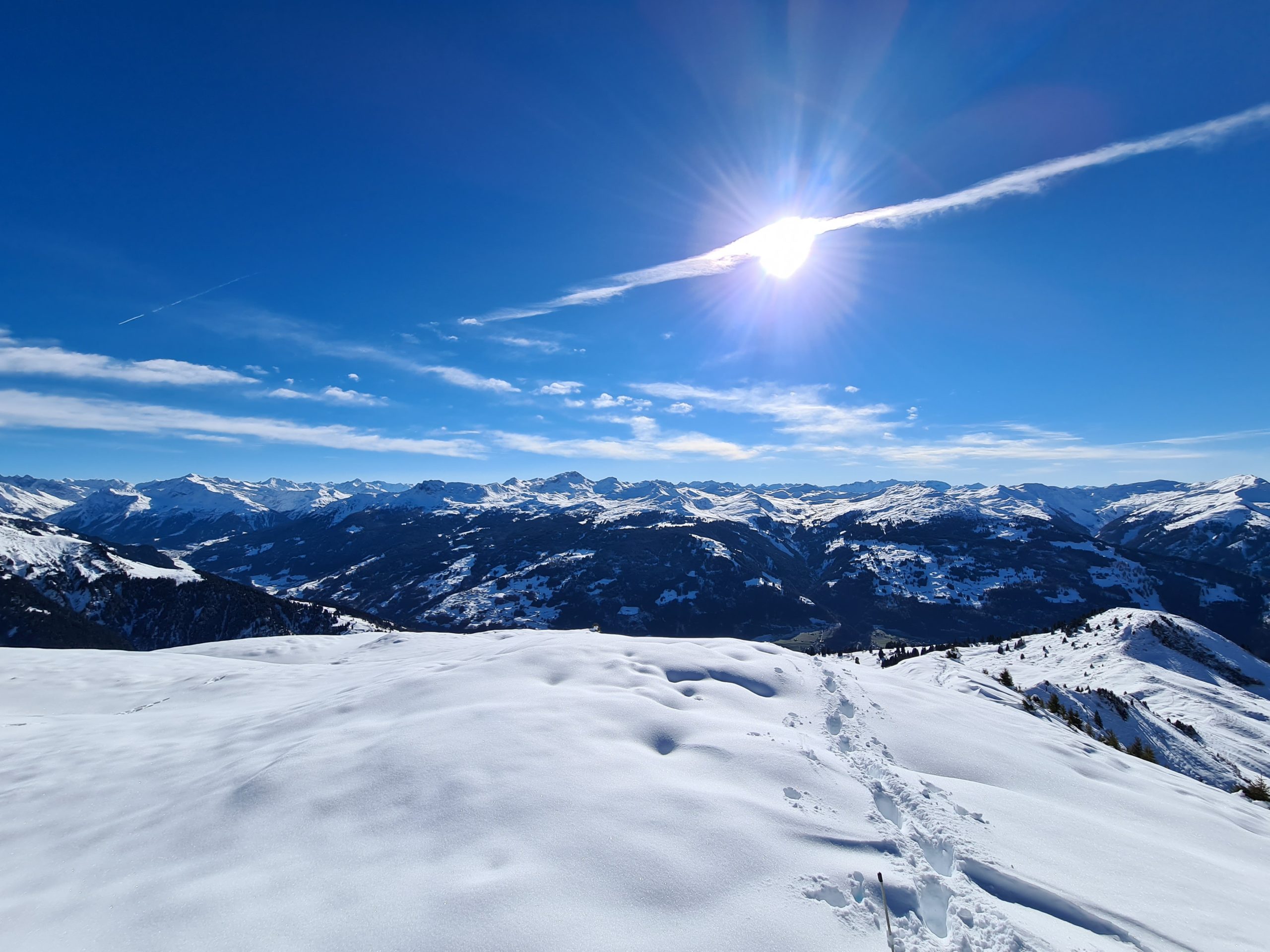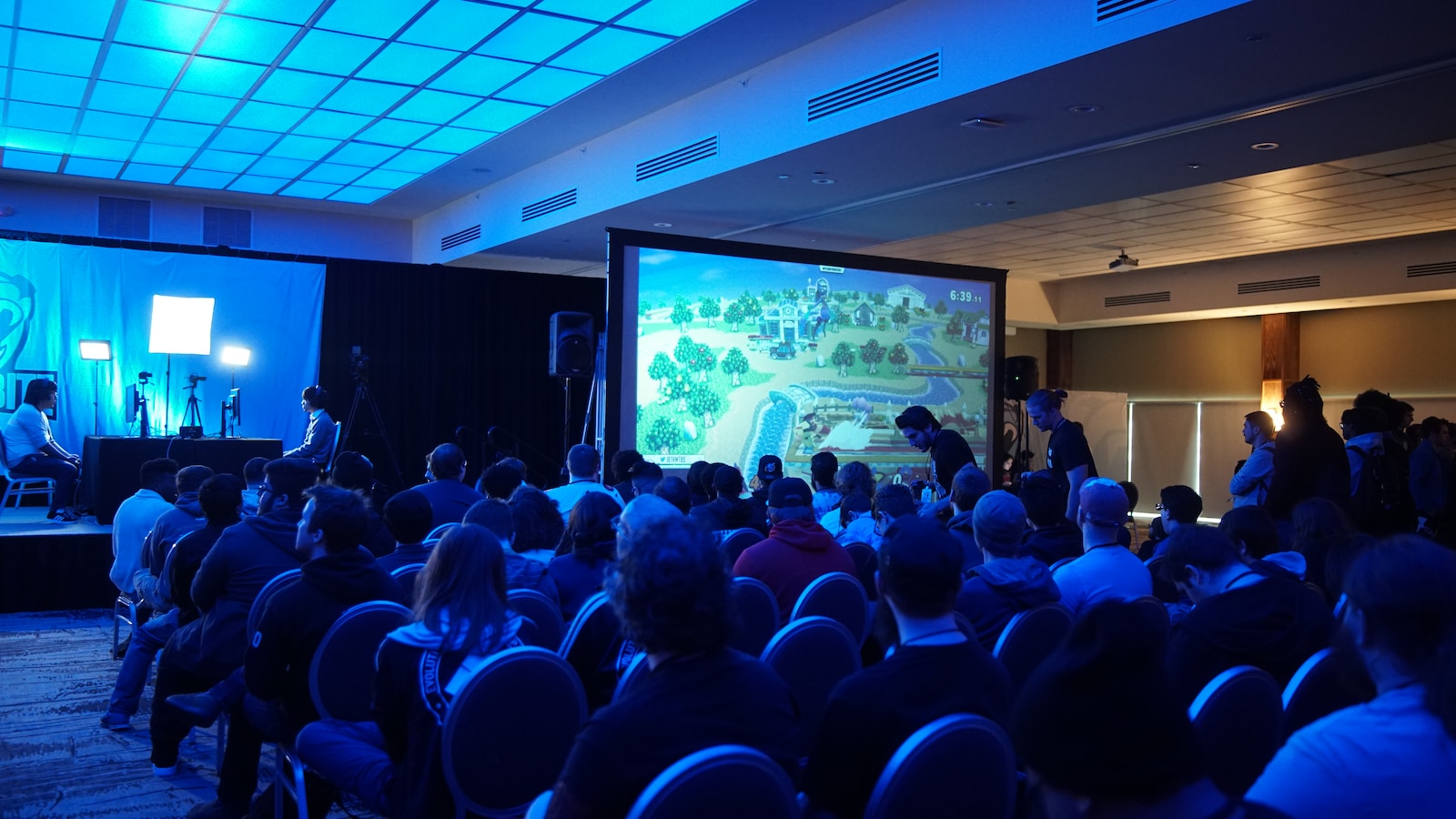Nature is our most wonderful gift. It is our haven – a self-sustainable one. All that we build was and is provided by nature. Air, food, water, fire, shelter, medicines, all and more are made available to us and supported our ancestors to survive and thrive for centuries.
Over time, we evolved and our way of life progressed. The natural ways of simply living off nature’s produce ultimately altered. Foraging, as one of the natural methods of survival, has been forgotten as agriculture and manufacture developed. The majority of us are now dependent on the more convenient consumption of ready-produce.
Although we can’t live the same way as our ancestors did, it is always beneficial for us to learn their skills.
What is Foraging?
“Foraging is the acquisition of food by hunting, fishing, or the gathering of plant matter (Dictionary.com)”
Humans were naturally built to be foragers. Our used-to-be normal sourcing of food now became forms of recreation like hunting, gathering, and food-growing.
Benefits of Foraging
As outdoor enthusiasts, we have higher chances of facing survival scenarios in the wild. Therefore, knowing what food to look for and where to look is a must.
Foraging though can benefit anyone even if you are not-so-outdoorsy! The following benefits might just convince you to start foraging:
- A chance to enjoy the outdoors & a great exercise. The good thing about foraging is that it can be enjoyed anywhere even in urban areas. You might be surprised by how many edible plants are in your area once you know what and where to look. Especially in these times of pandemic where we are mostly holed up indoors, a simple exploration around your neighborhood provides great relief from routine and much-needed exercise.
- Food for free. Free food from nature’s pantry, who doesn’t want that?
- Healthier and fresher food. A lot of wild plants and other edibles contain more vitamins and minerals than the cultivated ones that we normally consume. Not to mention that they are also fresher and in-season.
“Foraging allows you to eat extremely seasonally which feels healthier and seems to be what nature intends us to do. Nature has a reason behind growing what it does at certain times of the year. In the winter, when it is too cold for above ground growth, perennial plants store their energy in bulbs or tubers. These are high in starches and carbohydrates and make up the majority of food nature provides during this season. Then in the spring, everything changes. Spring ephemerals, the first plants to sprout in the spring, are especially high in nutrients because these plants rush to accumulate nutrients that would otherwise leach down into the soil with the melting snow. These plants are also generally detoxifying, which is beneficial for your body after eating a carbohydrate based diet all winter (https://forageforhealth.wordpress.com/why-is-foraged-food-healthier/)”
- Mindfulness. As our knowledge of foraging grows, we get to be more mindful of wild edibles around us. A mere stroll at the park unfolds observations that were previously not there, leading to new finds and more meaningful attention to our surroundings.
- Sense of responsibility towards nature. Getting free, fresh produce gives the feeling of gratitude to nature. In turn, we learn to protect nature as we continue to feel its value.
Tips for Foraging
- Find a mentor. Learning from an expert or someone experienced in foraging will give you the knowledge and confidence to venture out on your own. Moreover, joining foraging groups and events like ‘Day Hike with Wild Plant Foraging and Cooking’ that we organized will make a more reliable and fun experience especially for beginners.
- Our bushcraft and foraging events are led by experts like Nina Fischer (Herbalist & Edible Wild Plant Specialist) and Luca Durante (specialist in archaeology, indigenous communities, and their traditional way of life). They are experts who have a real love for nature, the wilderness, and in a hunter-gatherer’s way of life who love to share their passion with others.
- Good books and references. Familiarize yourself with wild edibles by getting some books and references relating to the area where you’ll forage. These come with pictures, descriptions, and what wild edibles are in season. Whenever you find something new, compare it to your references then identify it.
- A perfect pocket guide for aspiring foragers is Richard Mabey’s ‘Food for Free (Collins Gem)’ book. It has ‘over 100 edible plants listed, fully illustrated and described, together with recipes and other fascinating details on their use throughout the ages’.
- Keep a foraging journal. Note down the details of your finds – how they look like, where and the time/ season you found them, and how you were able to identify them. Keeping a journal lets you keep track of what is available in your area each season and also helps you plan a menu schedule ahead of time
- Know the dangerous species. Usually, there are just a number of species that are deadly. Know which ones are in your area before venturing into the wild to forage. If you know what poisonous plants you may encounter, you’ll feel more comfortable foraging for the edible species.
- Start with simple wild edibles. Look for simple, easy-to-find wild plants that thrive in your neighborhood or your own yard. Dandelion, blackberries, wild onion, wild garlic, chickweed, and many others can be found even in common areas such as parks, lawns and other suburban habitats.
- Learn companion plants. Many plants are commonly found growing nearby certain other species.
- Learn which parts of a wild edible plant are safe to use. Just because a wild plant is considered edible doesn’t mean all parts are edible.
- If you’re in doubt, don’t eat it! It is always better to be safe than sorry.
- Use all of your senses. Don’t limit yourself to visual ID alone. Lots of wild edible plants have look-alikes. Learn how to differentiate similar plants by smell, feel, texture, etc. Download and use foraging or plant identification mobile apps like PlantNet Plant Identification and iNaturalist. These apps help a lot and are supported by a large community of people with similar interests.
- Don’t over harvest. Even where wild edible plants occur in large numbers, the colony should be respected. Remember to leave some for other people and wildlife that rely on these resources. Never collect any more than you will actually use. Take only leaves and flowers and it is very important to not uproot plants!
- Avoid foraging rare and protected wild edible plants. Many plants may be locally abundant but are rare throughout their ranges. Equip yourself with enough knowledge to avoid damaging the environment.
- Consider cultivating wild edible plants in your garden. Many edible wild plants are easy to transplant and propagate. You’ll benefit from planting and harvesting your favorite produce right from your yard.
- Be wary of parasites before harvesting and/or consuming. The risk is mainly on what and where you are looking. Be careful on where you forage as the plants might be contaminated with (human & animal) feces.
Safety when foraging
Here are some safety tips that are good to know where you head out on your first foraging trip:
- Avoid toxic areas. Never forage for wild edible plants near busy roads. Most plants absorb lead and other heavy metals from the toxic exhaust. And these toxins tend to settle in the soil even if the traffic no longer exists.
- Avoid areas that are or have been sprayed with pesticides.
- Know what part of the plant is safe in what season.
- When foraging wild water plants, know its water source. This is especially important if you’re planning to eat it raw. Eating plants that have grown in contaminated water is the same as drinking contaminated water. Chemical and heavy metal pollution also can’t be removed by cooking.
- Only forage plants that appear to be healthy. Plants can be afflicted by disease, fungi, pests, or pollution. Harvesting healthy plants minimize the risk of illness and ensure that you’re getting more nutritious food.
- Be prepared. Know what to do in worse-case scenarios. Immediately make yourself throw up if you suspect of having ingested something poisonous. Include some charcoal pills in your first-aid kit.
- Get permission to forage. This may not be an obvious safety issue but ignoring property rights and laws could result in some pretty unpleasant consequences. It’s also a matter of courtesy.
Foraging Fun!
Learning how to forage is important when adventuring outdoors. It greatly helps in sustenance during long-distance and multi-day outdoor adventures. And we can’t stress enough its role in survival situations.
As a recreational activity, foraging can be fun and can be a great opportunity to spend time with friends and family outdoors,and connect with nature.
While you are at it, please remember to forage responsibly.
“Treat the earth well—it was not given to you by your parents, it was loaned to you by your children. We do not inherit the earth from our ancestors, we borrow it from our children.” –Haida People
It is only with such respect that we are able to continue to reap nature’s fruits, enjoy outdoor adventures (such as foraging), and pass on this wonderful gift to generations to come.





